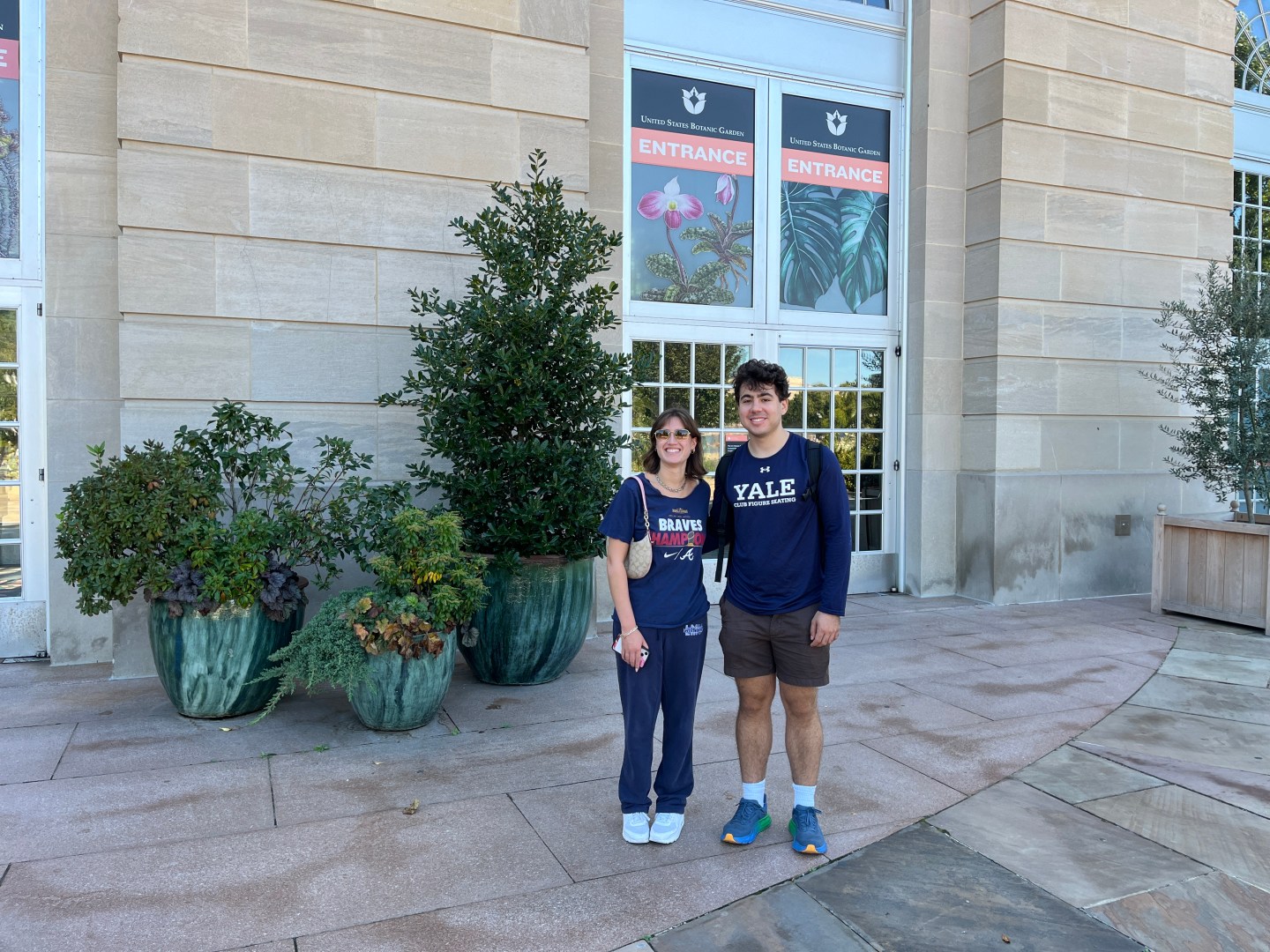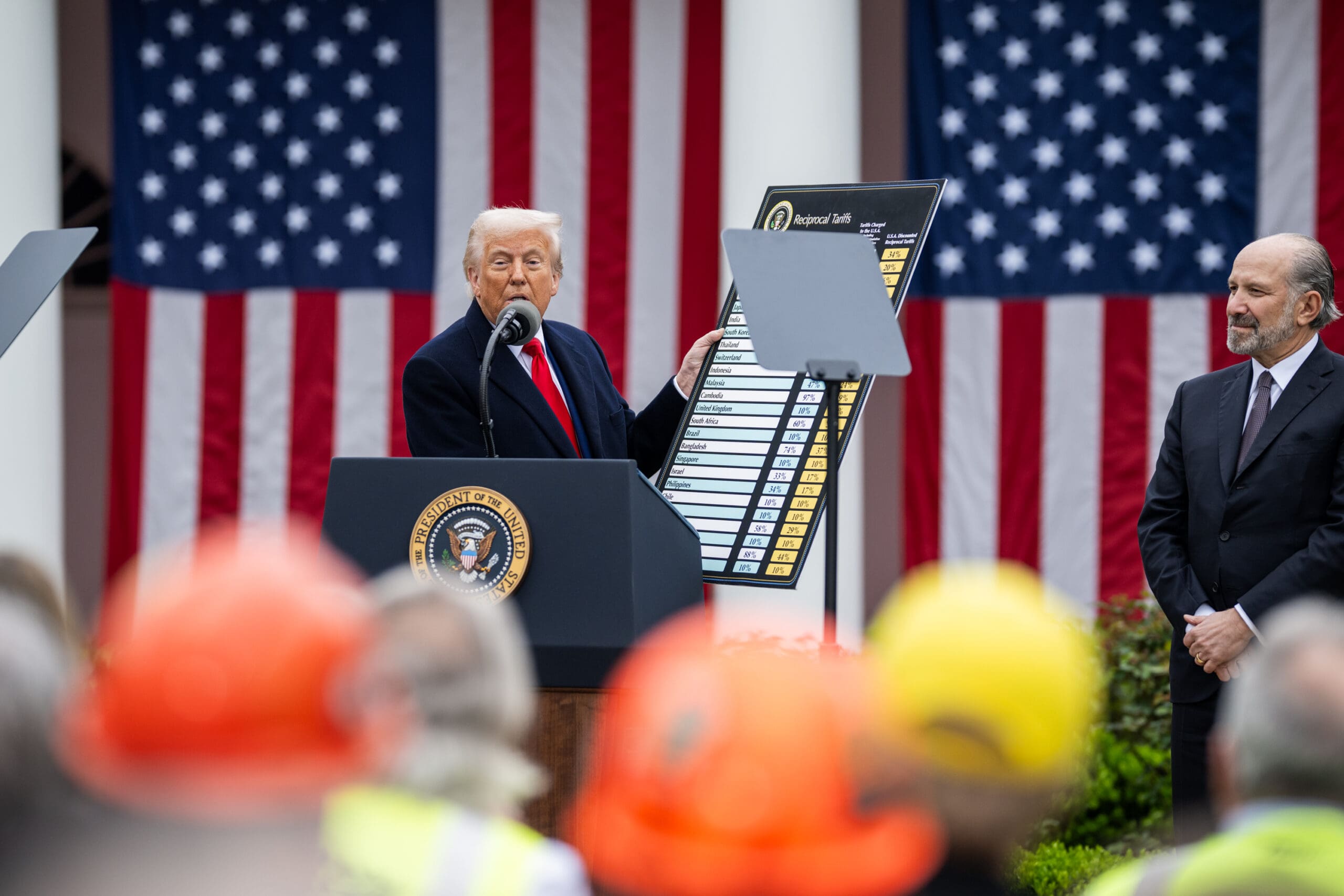The government shutdown has officially entered its second week, but the worst effects may still be ahead for Washington, D.C.’s tourism industry.
Some government-funded museums and facilities such as the National Gallery of Art have already closed, and those that haven’t, such as the Smithsonian’s National Zoo and the National Air and Space Museum are operating with reserve funds until Oct. 11.
Starting Oct. 12, the real pain begins for a city that welcomed a record 27.2 million people and brought in a cumulative $11.4 billion last year, said Elliott L. Ferguson, II, the president and CEO of Destination DC, the city’s private nonprofit destination marketing organization.
With the Smithsonian museums closed, those with previously scheduled trips may cancel, which will take a bite out of the city’s tax base, but also hit the restaurants, tour operators, and the more than 100,000 workers who rely on the industry, he added.
It’s unclear how long the shutdown could last. As of Thursday, no deal appeared in sight, but Ferguson said an extended shutdown this fall would hit D.C.’s tourism industry even harder than the last record-long shutdown, which lasted 35 days between December 2018 and January 2019.
“As we look at September, October, November, these are peak periods for meetings, for business travel and for leisure travel to the city,” Ferguson told Fortune. “So it hurts a lot more when it’s during a peak period of time.”
Some of the city’s important events, including the Association of the United States Army’s annual meeting and the Army 10-Miler, are set to take place starting next week. While neither has been canceled so far, Ferguson cautioned their economic impact could be smaller than in past years if government employees are unable or unwilling to attend.
For now, Ferguson said Destination D.C. is promoting all the touristic activities still available in the city through a new campaign, while also being transparent about what’s not available.
“Washington is very much still open for business.”
Marco Quiroz-Gutierrez—Fortune
Tourists race the shutdown clock
The last shutdown, during President Donald Trump’s first term, cost D.C. an estimated $47 million in lost revenue, according to a quarterly revenue estimate from the time, in addition to the harder-to-measure toll inflicted by decreased discretionary spending on hotels, transportation, and entertainment. Nationwide, the shutdown has already taken an over $1 billion toll on travel, according to a live ticker published by the U.S. Travel Association.
On a mild, sunny Saturday in D.C., some of the last visitors to the city’s federally funded museums and facilities were anxious to see the exhibits before it was too late.

Marco Quiroz-Gutierrez—Fortune
Chela Parris, a Georgetown University student studying public policy, was waiting for friends outside of the National Gallery of Art’s East Building, a federally funded art gallery which hosts frequent lectures and houses paintings by artists such as Pablo Picasso and Henri Matisse. Parris was looking forward to a day of sighteeing because she has not had much time to visit museums since she moved to the city for graduate school.
“I haven’t really taken advantage of much of what D.C. has to offer. I’ve just been so focused on school,” Parris told Fortune. “But now with the shutdown, I realized, these things aren’t going to be open forever, so it’s really important for me to come see things before they’re closed indefinitely, because we just don’t know how much time that will be.”
At the United States Botanic Garden about a ten-minute walk away by foot, Yale history and humanities major Jonas Loesel and Wake Forest University politics and international affairs and sociology major Alannah Edwards were disappointed to see the facilities closed “due to a lapse in appropriations,” according to a sign out front.
Loesel was in D.C. for the weekend and said he was planning to go to The Smithsonian’s National Air and Space Museum instead. The Air and Space Museum was set to remain open through Oct. 11, according to its website.
“It’s a tragedy that access to our nation’s historical record is being restricted by political charades,” he told Fortune.























